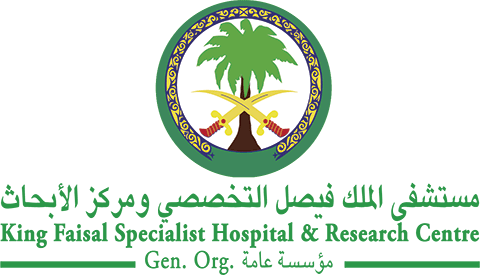Abstract
Autologous chimeric antigen receptor (CAR)Tcell therapy has been extensively studied over the past decades. Currently, autologous CAR T products are FDA-approved to treat B cell acute lymphoblastic leukemia (B-ALL), large B cell, mantle cell, and follicular lymphomas, and multiple myeloma. However, this therapy has drawbacks including higher cost, production lead time, logistical complexity, and higher risk of manufacturing failure. Alternatively, allogeneic CAR T cell therapy, currently under clinical trial, has inherent disadvantages, including cell rejection, graft versus host disease, and undetermined safety and efficacy profiles. Different strategies, including modifying HLA and T cell receptor expression using different effector cells, are under investigation to circumvent these issues. Early allogeneic CAR T therapy results for B-ALL and B-NHL have been promising. Large sample clinical trials are ongoing. Here, wediscuss the pros and cons of allo- CAR T for hematologic malignancies and review the latest data on this scalable approach.
Recommended Citation
Yang, Yang; Bi, Xia; Gergis, Mia; Yi, Dongni; Hsu, Jingmei; and Gergis, Usama
(2022)
"Allogeneic Chimeric Antigen Receptor T Cells for Hematologic Malignancies,"
Hematology/Oncology and Stem Cell Therapy: Vol. 15
:
Iss.
3
, Article 10.
Available at: https://doi.org/10.56875/2589-0646.1030
Creative Commons License

This work is licensed under a Creative Commons Attribution-Noncommercial-No Derivative Works 4.0 License.
Included in
Cancer Biology Commons, Hematology Commons, Oncology Commons

